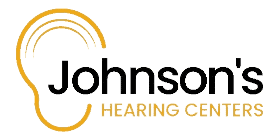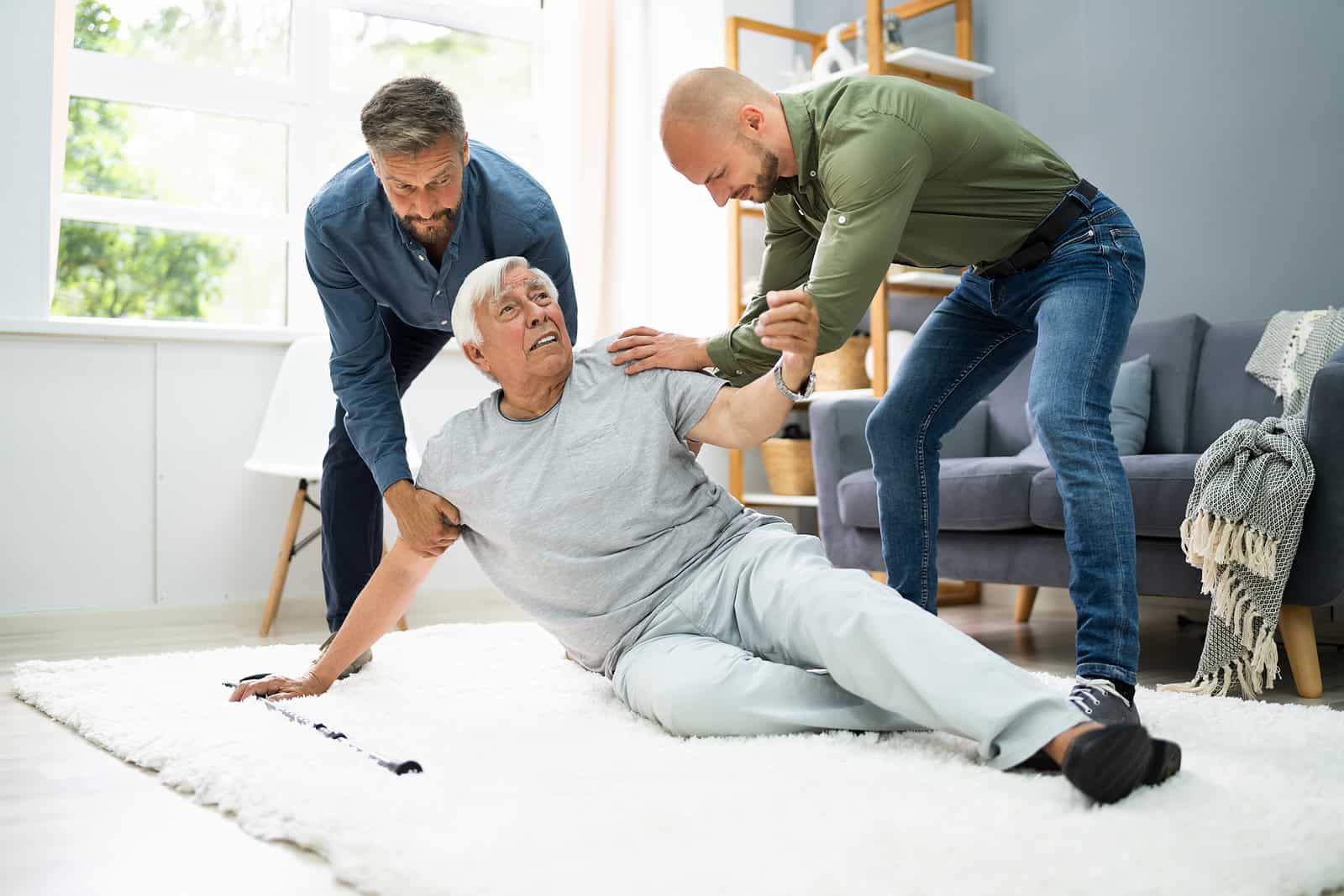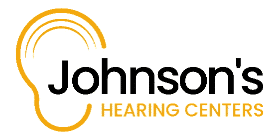Hearing loss can significantly affect daily life, including personal safety. Understanding how a decline in hearing can put you at risk and what steps you can take to reduce these dangers is important. Knowing the impact of hearing loss on personal safety can help you make informed decisions about your hearing health.
Understanding Environmental Hazards
One of the primary ways hearing loss can impact personal safety is the inability to detect environmental hazards. Everyday sounds, such as a car’s horn honking or a fire alarm ringing, alert us to potential dangers. With impaired hearing, it is easy to dismiss auditory cues, increasing the possibility of accidents. For instance, crossing the street becomes more dangerous with the inability to hear an approaching vehicle. Similarly, there could be a delay in response to the sound of a fire alarm.
Challenges in Work Environments
The effect of hearing loss isn’t just on personal safety at home or on the street; occupational safety is also involved. Many job settings require clear hearing to enable workers to understand instructions, respond to warnings, and interact with their coworkers. At a construction site, workers are alerted to hazards with auditory signals; missing these cues can result in severe injuries. Regular hearing health exams ensure early detection, thus maintaining safety standards in work environments.
Impact on Driving and Road Safety
The sounds of sirens, horns, and even the hum of an engine provide essential information to a driver. If you have hearing loss, you might not hear emergency vehicles approaching. Also, hearing loss can make it difficult to ascertain the location of sounds and reduce reaction time in cases of potential collisions. Using hearing aids or other adaptive devices can improve hearing while driving, thereby enhancing road safety.
The Risks of Social Isolation
When individuals withdraw from social interactions due to difficulty hearing, they might be less likely to seek help when needed. Social isolation can lead to mental health issues like depression and anxiety, which have been linked to decreased overall safety. Engaging in social activities regularly helps you get adequate hearing support and reduces the risk of being depressed and anxious.
Household Safety Issues
The inability to hear the sounds of a boiling pot or kitchen timer can make everyday tasks like cooking hazardous. Some plumbing and electrical issues can often be detected by sounds before they become visible. These issues can easily go unnoticed due to hearing loss and cause problems. It will be great to go for a hearing health exam if you find it difficult to hear these sounds at home.
The Importance of Regular Hearing Health Exams
Given the various ways hearing loss can impact personal safety, regular hearing health exams are important. These exams can detect early signs of hearing issues, allowing timely interventions. Moreover, a hearing health exam can provide you with personalized recommendations to improve your hearing in different environments. Whether it’s specialized hearing aids or other assistive devices, these solutions can significantly enhance your safety.
Safety Solutions and Assistive Technologies
There are numerous technologies and strategies available to help those with hearing loss improve their personal safety. Hearing aids are just the beginning. Many advanced systems now integrate with smartphones, providing alerts and amplifying important sounds. Visual alert systems can be installed in homes to notify individuals of smoke alarms, doorbells, or even baby monitors through flashing lights. Conversations in noisy environments can be aided by assistive listening devices. These tools not only improve safety but also enhance quality of life.


